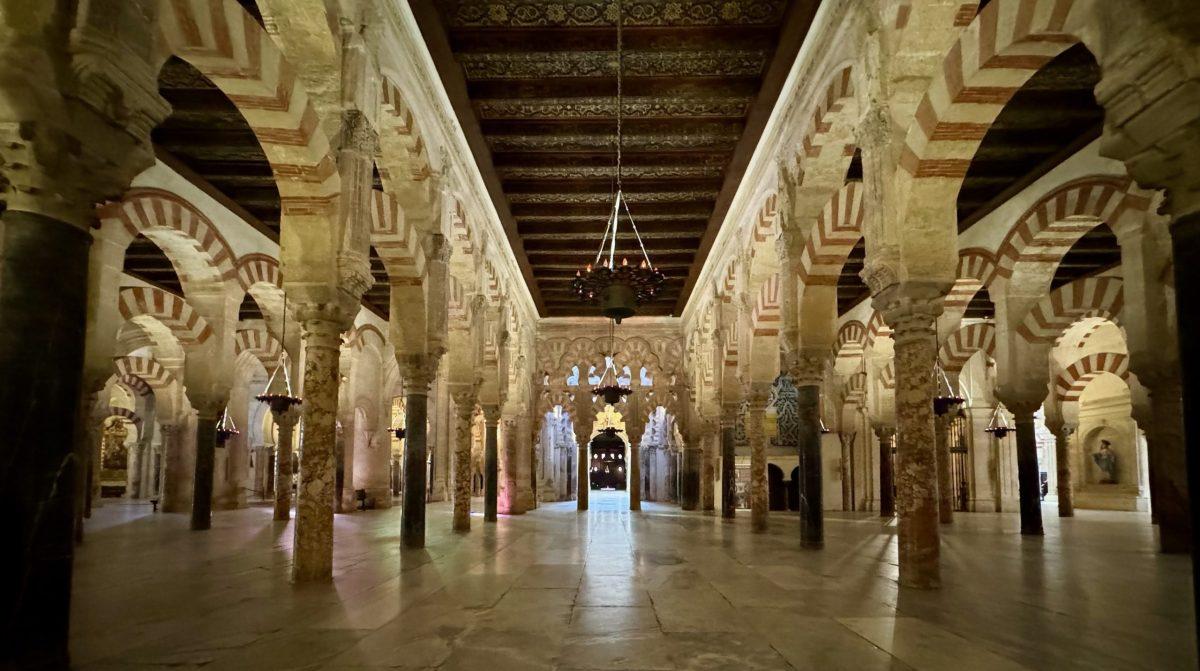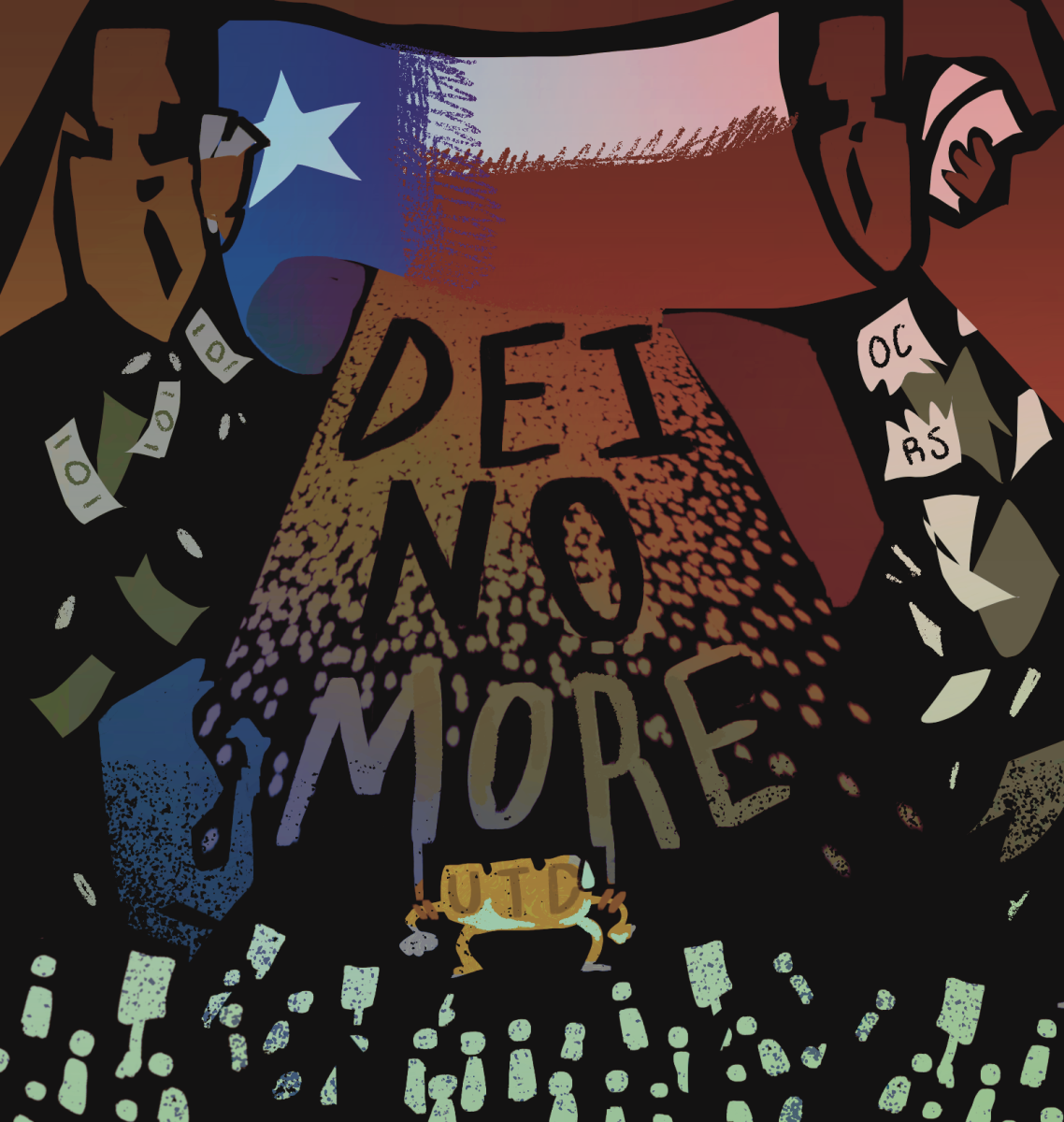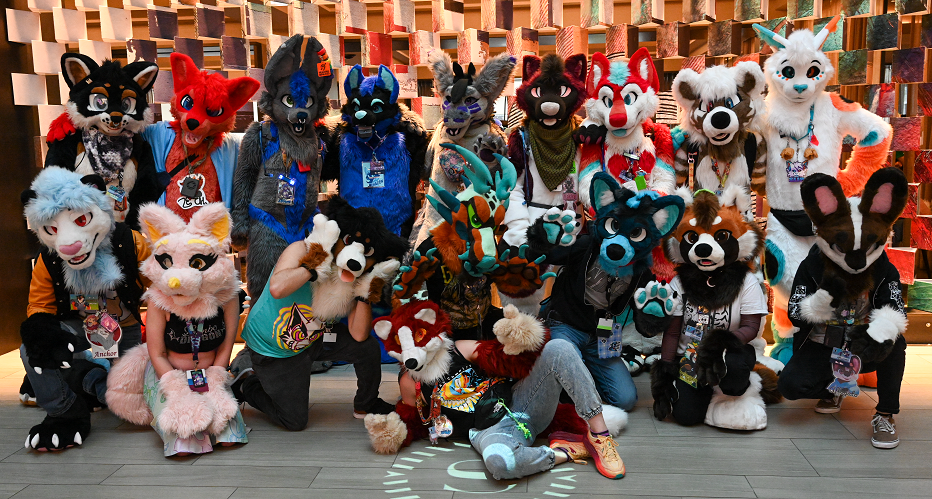Three UTD faculty members are researching abroad as Fulbright U.S. Scholars during the 2023-2024 academic year — the most sent abroad by the university since 1978 — pioneering new ideas and bringing back one-of-a-kind experiences for students come fall 2024.
Assistant Professor of History Rosemary Admiral, visual arts lecturer Colette Copeland and Professor of Materials Science Robert Wallace visited Morocco, India and Ireland, respectively, pursuing yearlong projects in partnership with local host institutions through the Fulbright Scholar Program. Other professors like Assistant Professor of Art History Ali Alibhai spent their summers abroad expanding on their previous Fulbright work. Fulbright is a nationwide grant program that sends roughly 800 American professors abroad and welcomes roughly 900 visiting professors annually, with fluctuation between years; UTD sees a handful of both U.S. and visiting scholars each year. For Admiral, her Fulbright grant let her engage intimately with an under-studied part of North African history: women’s education and its relation to law.
“The earlier research I did is mostly about ordinary women, women who are not educated, women who did not have education in the law, who just kind of encountered the law when they needed to,” Admiral said. “Originally, I was interested mostly in how women engaged with Islamic law as scholars of Islamic law … [but] there’s so many other ways women engaged with learning at the time, I broadened my scope and then during this Fulbright year, it evolved in ways I wasn’t expecting.”
The Fulbright grant put Admiral in collaboration with the Moroccan government’s Muhammadiyah League of Scholars, which she said was critical for gaining research clearance and accessing their network of scholars and alumni. But Admiral said much of her research didn’t involve poring over books, but instead building relationships.
“I can’t just expect to read a catalog or go to an archive and say ‘I want to see this manuscript or this document’ — that will get you only so far,” Admiral said. “Especially with the kind of research I’m doing, which is kind of like a needle in a haystack. There are no books about women, I’m looking for sentences about women … So much of my work is talking to people, talking to scholars, people who are interested in this topic and know about it. Librarians, archivists who are like ‘Oh, did you know we have this manuscript that has a poem by a woman?’ … You really need to make personal connections and academic connections and professional connections, and that’s how you’ll find the sources that you need.”
When researching for her first, upcoming book — a multi-year process including her Fulbright trip — Admiral said she ended up exploring far beyond her initial focus on female scholars in the Marinid dynasty, which encompassed present-day Morocco. Collecting information on palace women and their education became a major focus in Admiral’s work.
“Women weren’t studying at the institutions [the Marinid government] founded, but there was kind of a trickledown effect,” Admiral said. “Women couldn’t maybe go to the madrasa, an official institution of learning, but they could easily go to these other informal venues of learning, which were just as important … Also, within the palace, there were women connected to the rulers or the royal family that were recognized for their learning and also women connected to the palace through, usually, their fathers … they were in the palace at the same time as this scholar and they received a certificate to transmit knowledge from the scholar.”
Many Fulbright scholars continue their research abroad through different avenues. Admiral’s time in Morocco, which concluded in late July, was her second Fulbright experience after her dissertation research in 2012, and she has visited the country without a Fulbright grant as well. Alibhai, who visited Morocco in 2008 on a Fulbright grant, traveled to Spain this summer to continue researching for his upcoming book that explores medieval Islamic soundscapes.
“As cities change from being Christian to Muslim, you see that there is a regulation,” Alibhai said. “Whoever is in charge, their culture’s prayer should be the predominant sound versus the conquered. So, the naqus [wooden clappers used by churches to call Christians for prayer] and everything, it’s not outlawed, but you don’t want it in the streets. So when early Islamic civilization is encountering these other civilizations, it’s important to control the soundscape.”
Alibhai’s Fulbright research focused on church bells, an aural symbol of Christianity, which were silenced by removal and repurposed into intricate lamps used to decorate mosques, like the Great Mosque of Cordoba, by Muslim rulers seeking legitimacy or pushing back against Christian armies.
“For me, it was like converting holy sound that had the same properties but into holy light, right?” Alibhai said, referencing Islam’s use of light as a metaphor for guidance and holiness. “And you wouldn’t even know that [the lamps] had bells in them if you didn’t look closely and understand the history behind it … a lot of people in Fez didn’t know that they had bells in them.”
For Alibhai, studying bell lamps during his Fulbright year and following it up with other research trips exploring artistic and architectural features like Mudejar art — a blending of Gothic, Romanesque and Islamic styles in medieval Spain, created by Muslim artisans or Christians trained in the Islamic style — helped understand the mentalities of those living in its multicultural, multi-religious society.
“What’s come out of this friction [between Muslim, Christian and Jewish political groups] are these bell lamps that I don’t see as harmonious, happy, kumbaya people living together,” Alibhai said. “It’s more like they understood exactly what the bell represented to them and converted it into something that was equally holy to them … Today when we look at it, we’re like, oh yeah, this is so amazing and spectacular because these three cultures are [harmonious], but they never thought about it that way. This is just how everything blended together.”
Beyond pioneering new research efforts, Fulbright and other research-abroad programs create several opportunities for the students of traveling professors. Some professors, like Alibhai, bring graduate and undergraduate students along on trips abroad — which he said is partially funded by UTD. Others eventually lead dedicated study-abroad courses; Admiral has led one for the past two years, where students receive half a semester of historical and cultural background before a two-week trip. More immediately accessible to students are the unique materials professors bring back to the classroom. For instance, Admiral said her book includes a case study she translated and now uses to instruct her students on historical methods and critical thinking.
“[It is] a very long case about a woman from the 14th century in Morocco who had kind of a scandalous situation that turned into a major legal dispute,” Admiral said. “I’ve brought that translation into my students and had them work through it with me and approach it, because part of learning about history is learning how to read a primary source and what it means and how do you interpret it … And students have different perspectives and bring up things that I hadn’t even considered, so I really love being able to bring in my work to the classroom.”
Fulbright scholarships are available to students as well as professors. Undergraduates and graduate students can apply to teach English abroad, conduct dissertation research or pursue other academic projects. Admiral said she believes the program is fantastic for all kinds of students — not just career academics, but anything from medical students to those going into the broad range of industry.
“After I came back [from my dissertation research], I was still a Ph.D. student at the University of Illinois, I would read applications of undergraduates who wanted to do research projects and Morocco and give them feedback, and then that would strengthen their applications and then we had a lot of students get Fulbright,” Admiral said. “We should be sending more students abroad.”
Applications for the Fulbright program’s various grants during the 2025-2026 school year close Oct. 6. Admiral and Alibhai’s books are slated to release 2025, and Alibhai is slated to present his research at SMU’s Meadows Museum Oct. 25.
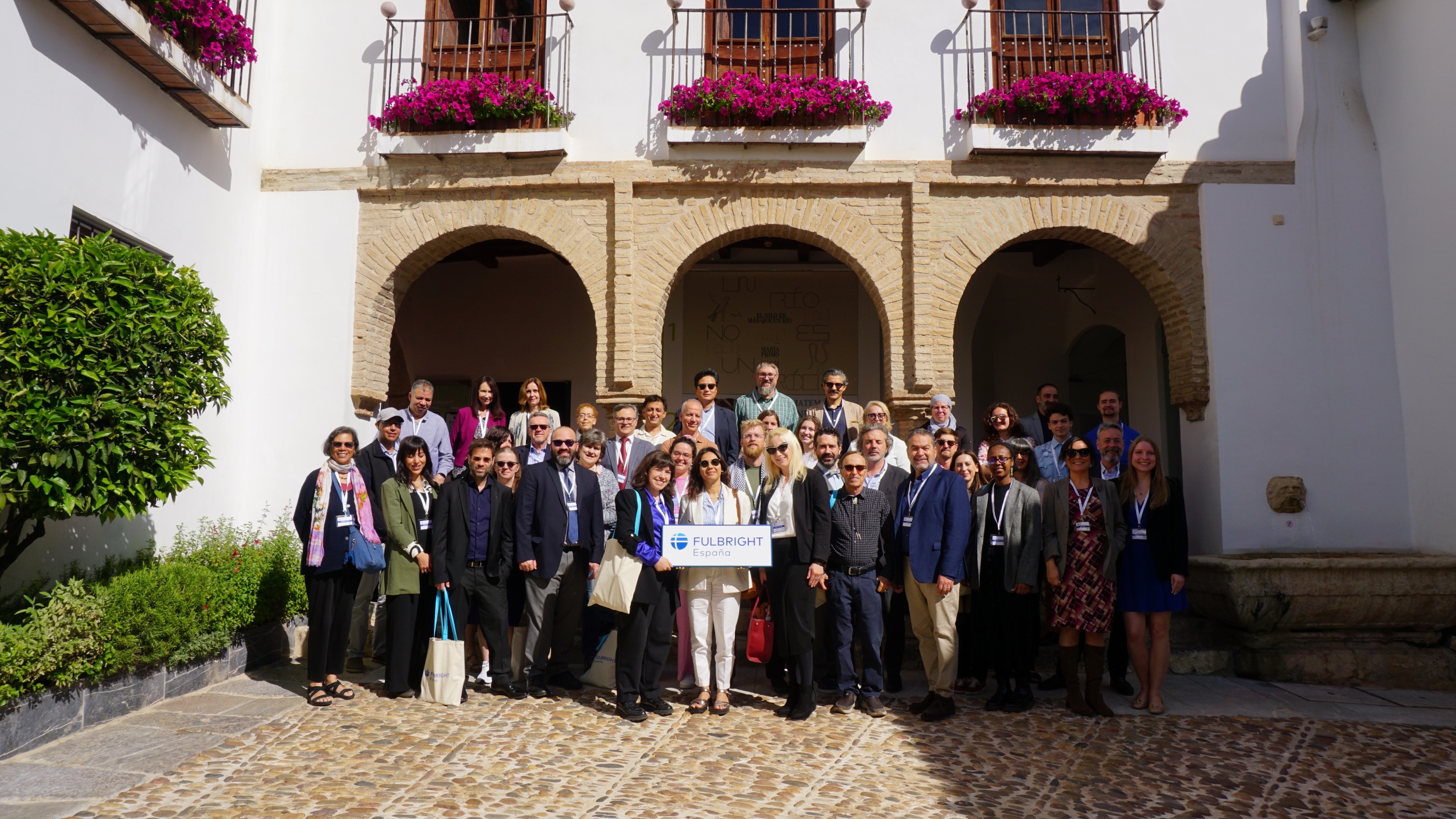
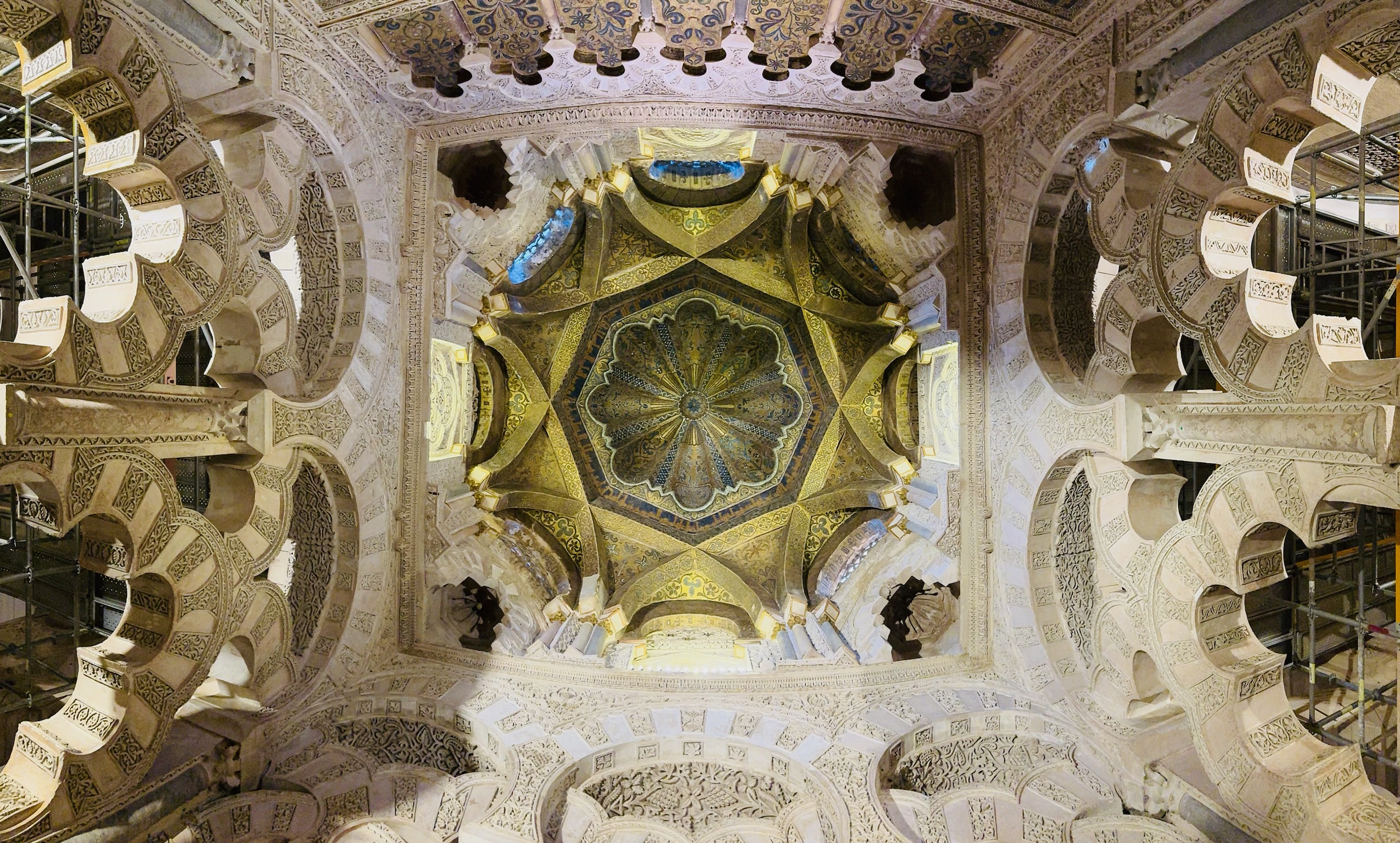
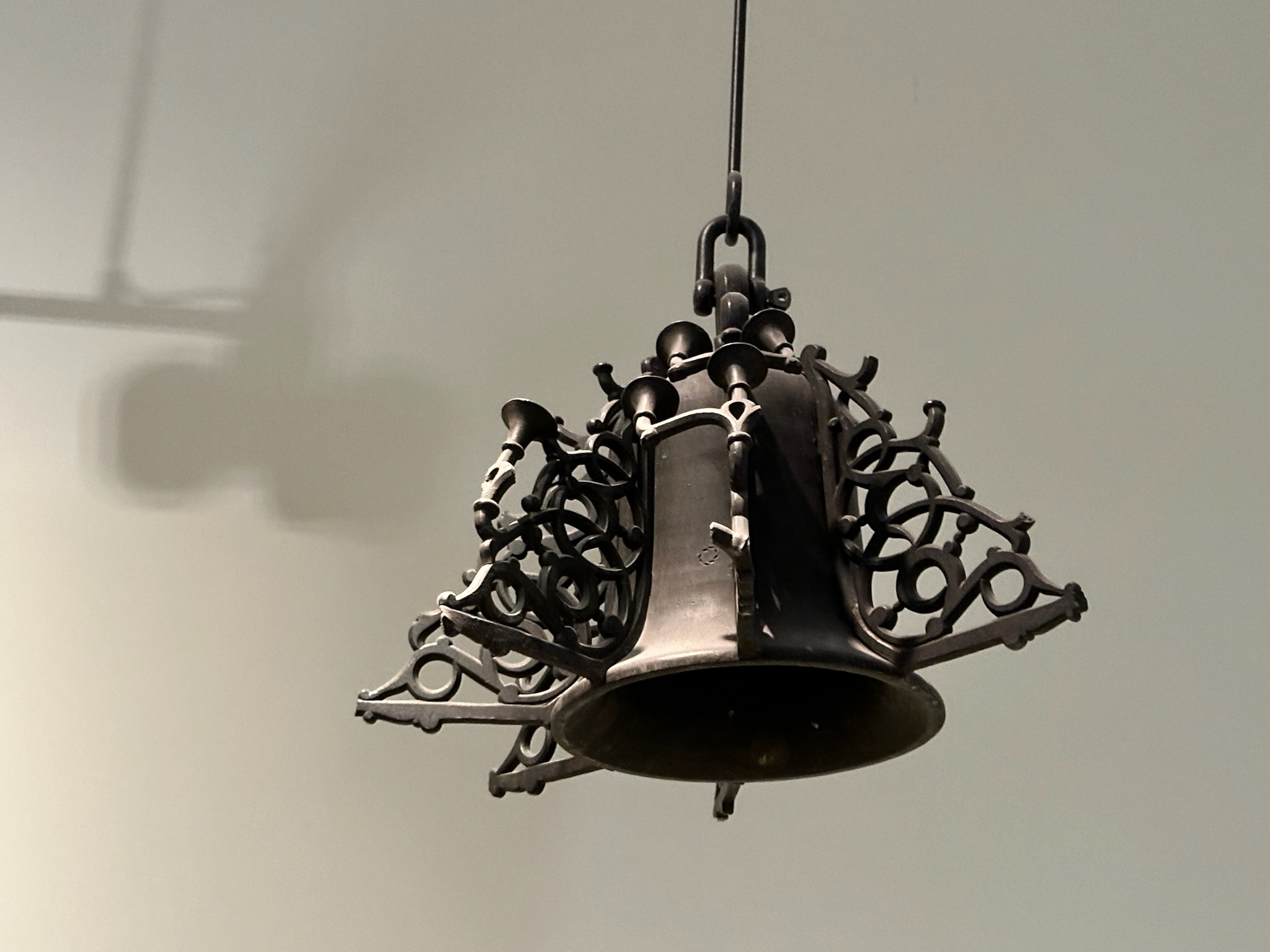
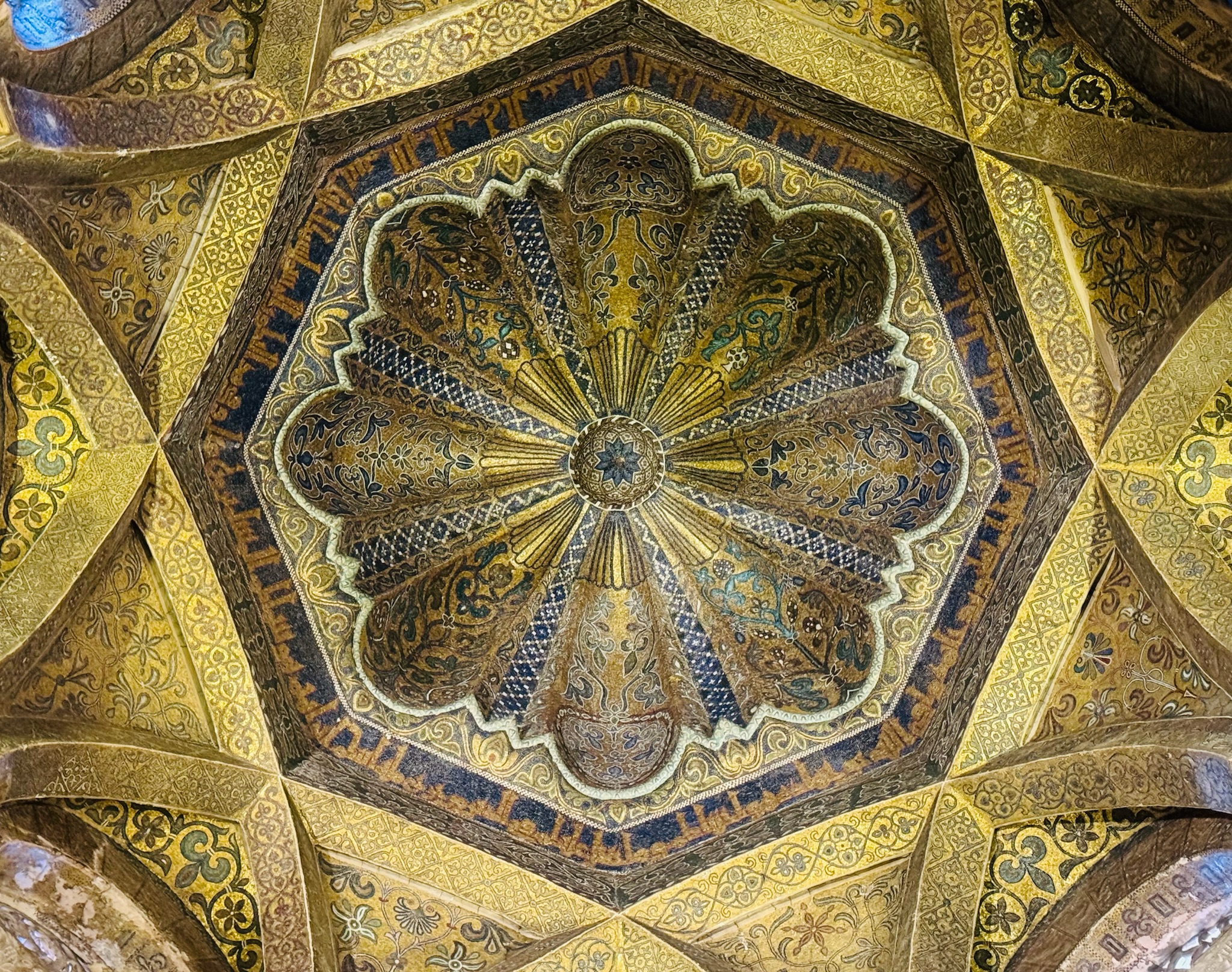
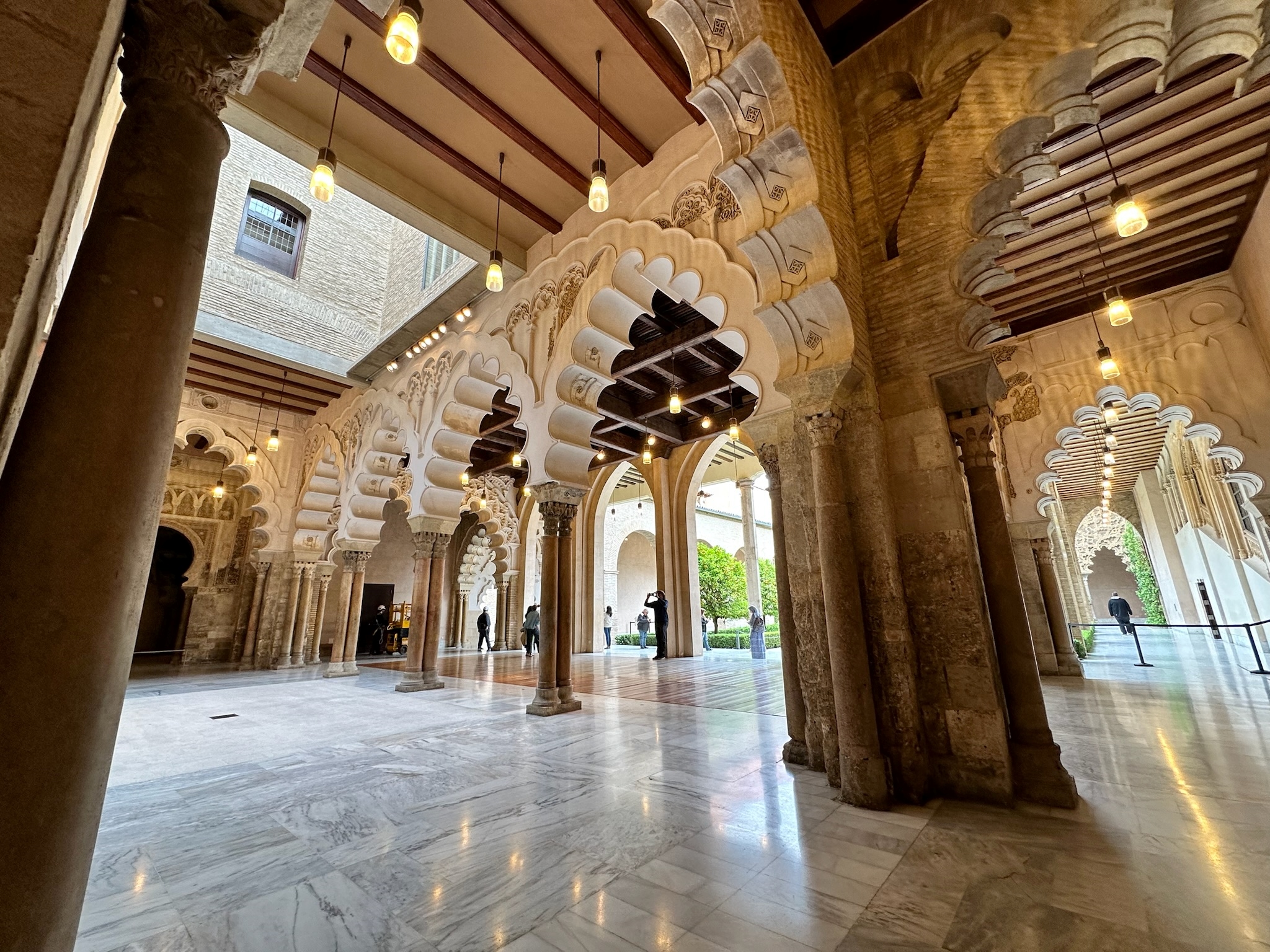
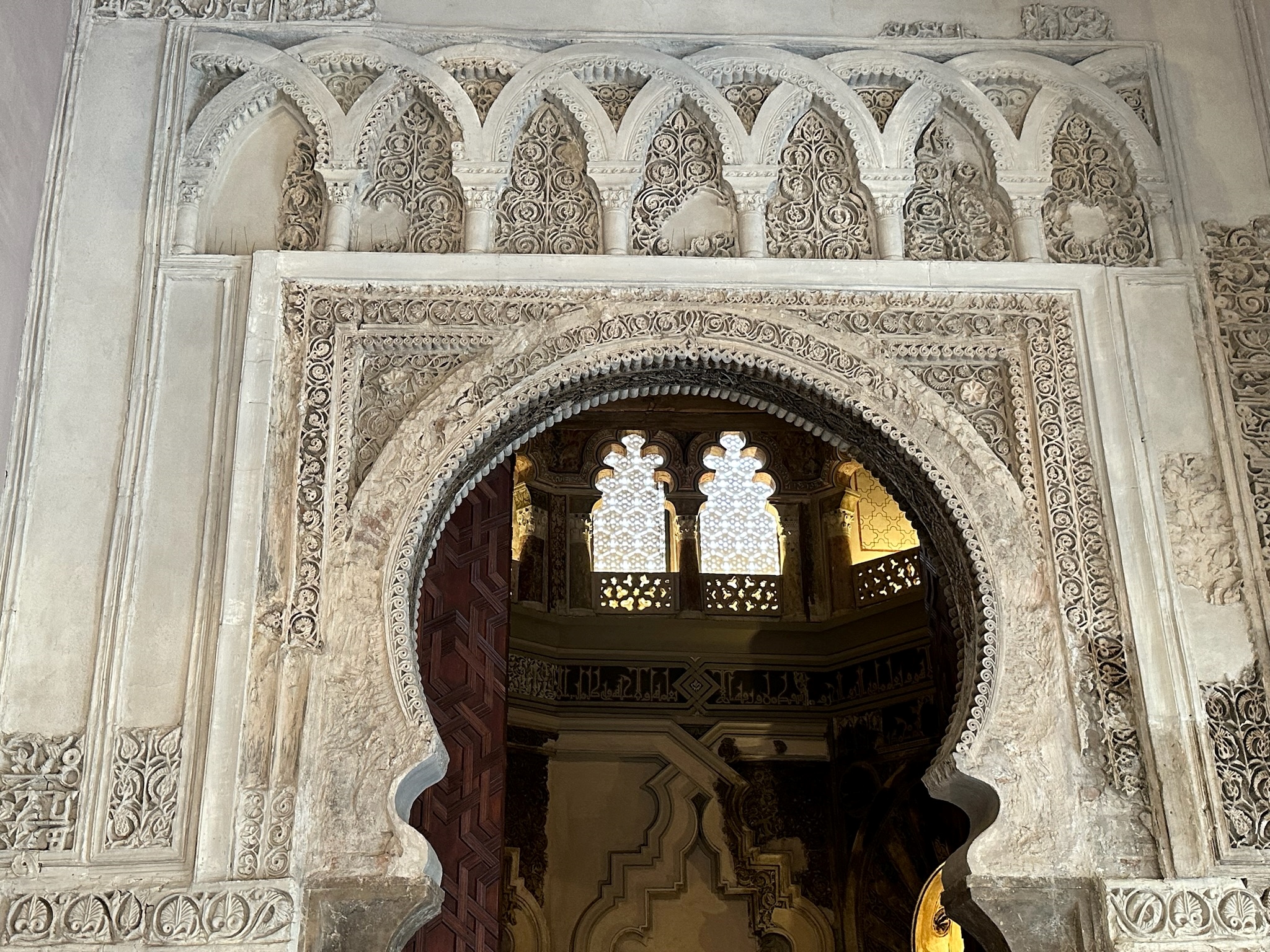
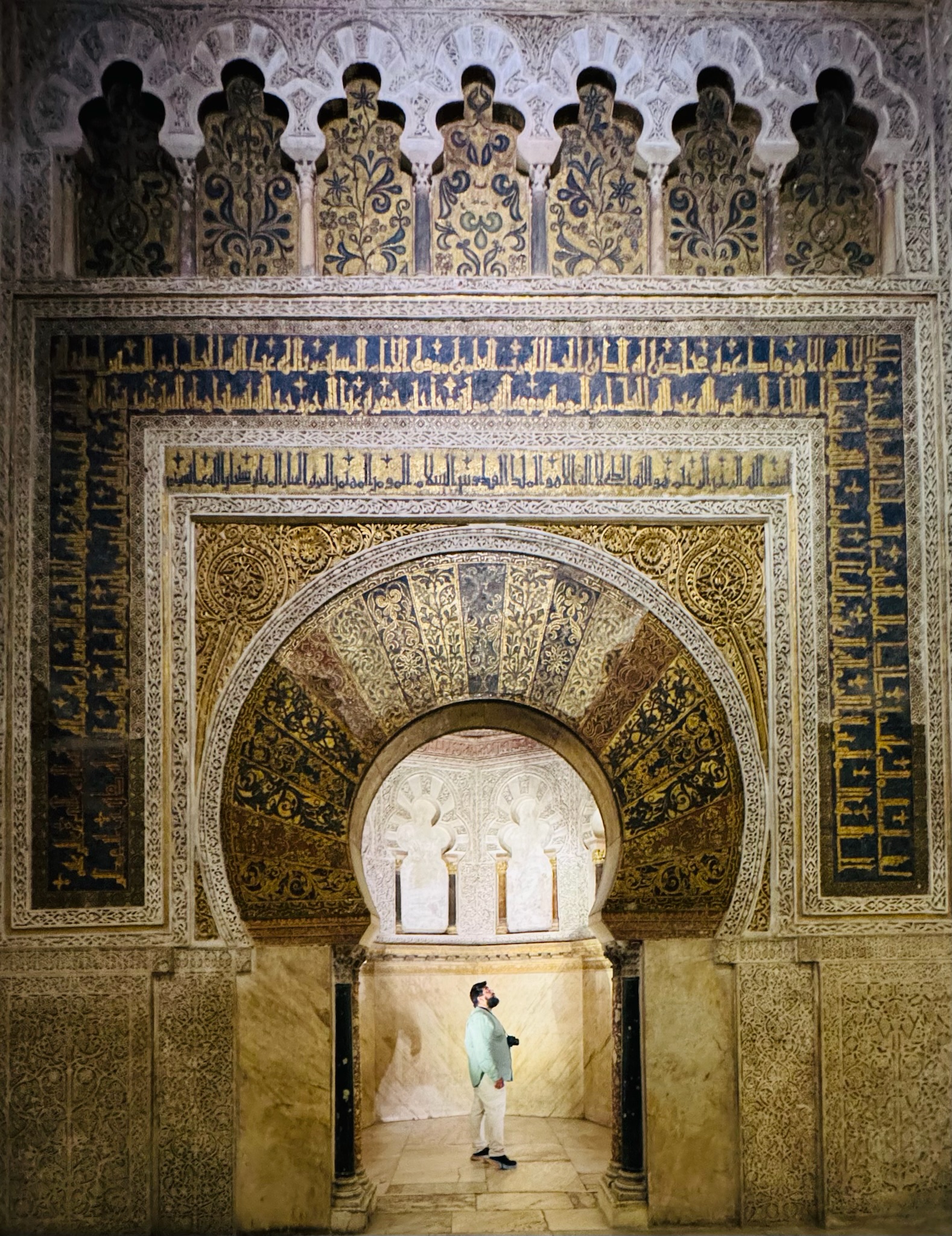
Photos by Ali Alibhai & Rosemary Admiral | Courtesy

